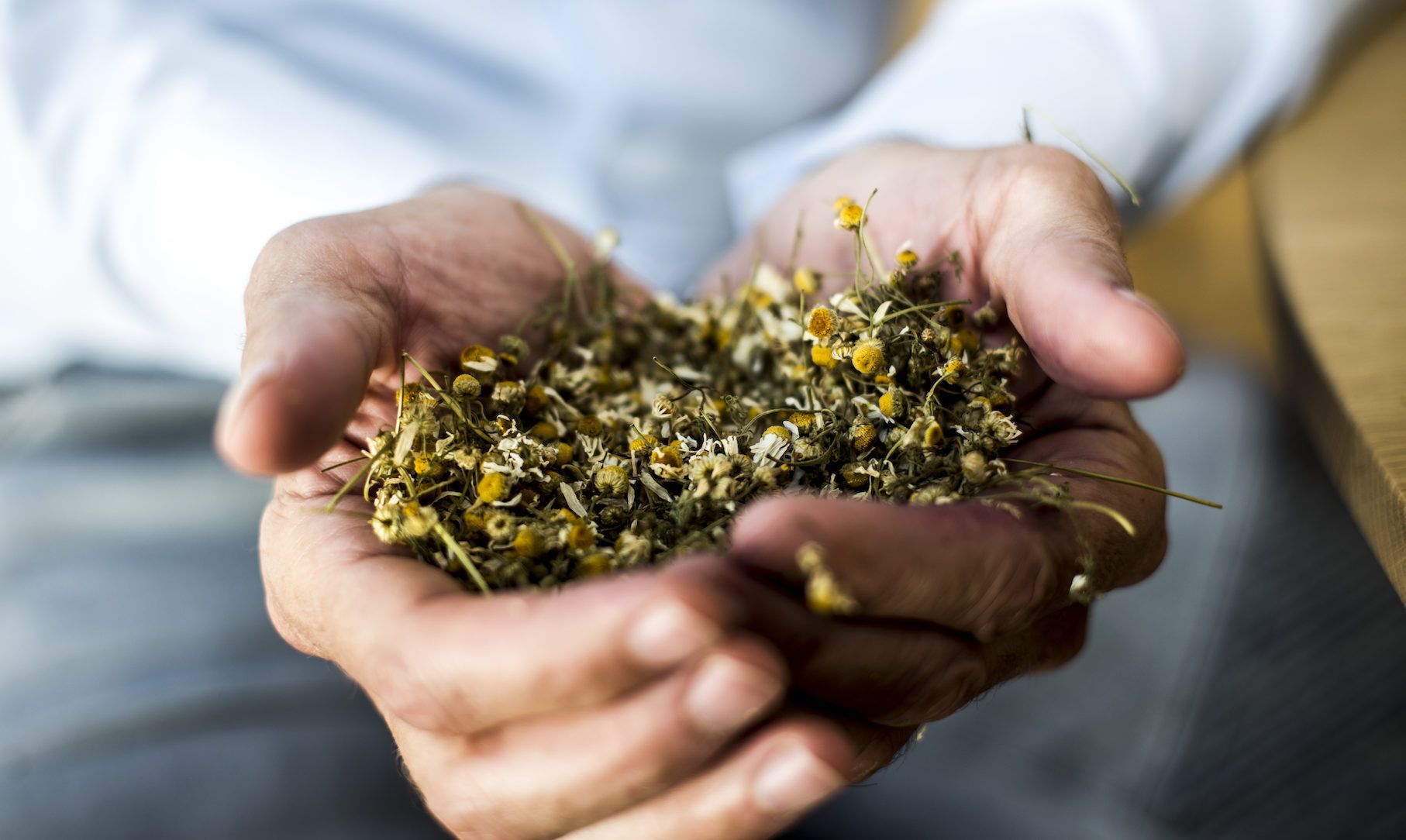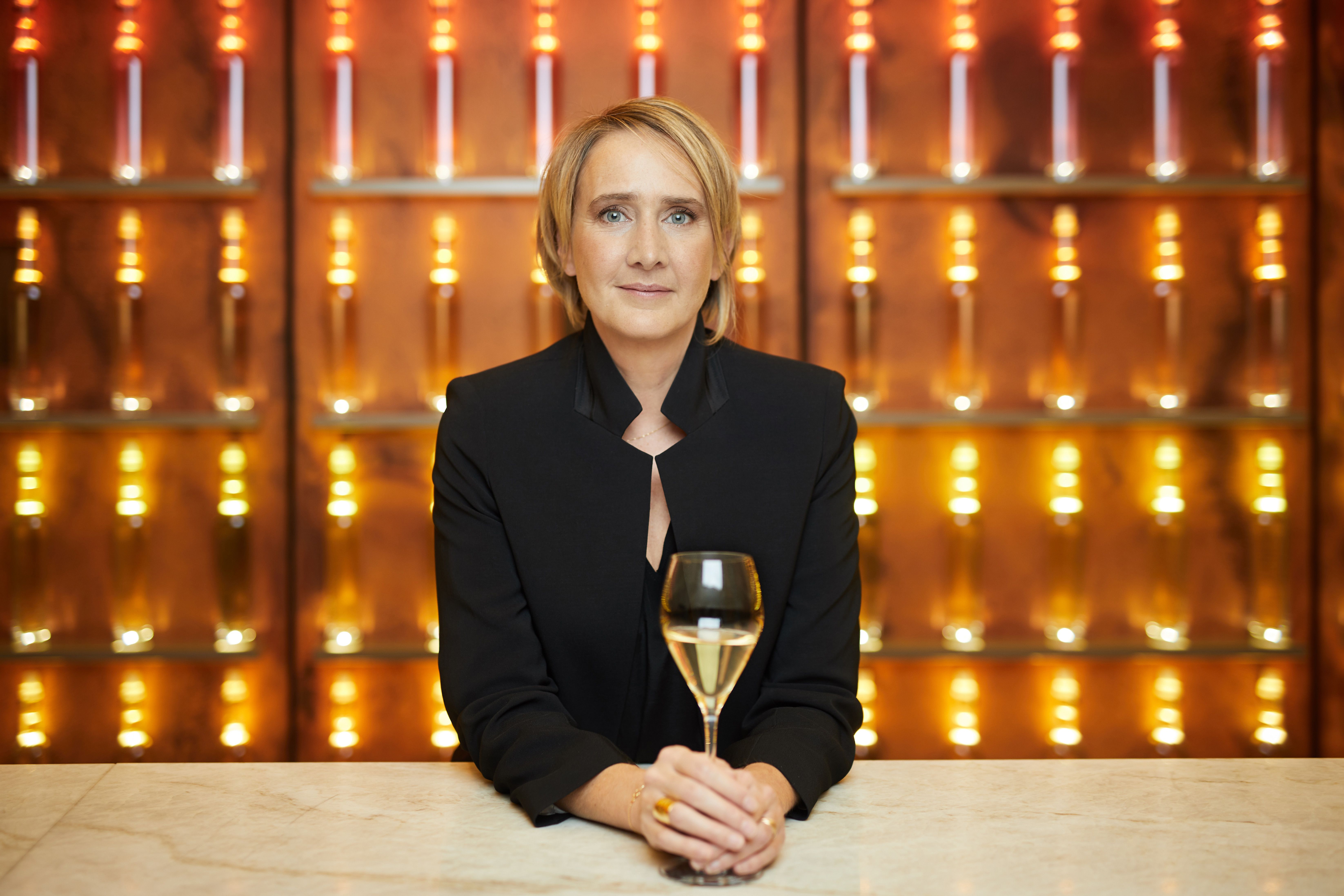Wilson reserves special praise for the wines of Gerard Bertrand and Peninsula Wines as inspirational producers who he is proud to have in the company’s portfolio.
Mike Turner: Where are Hallgarten up to with the portfolio’s makeup of sustainable, biodynamic, and organic wines? What are the current percentages and how has that changed in the last few years? Do Hallgarten’s buyers have any kind of directive to seek out the eco-friendly options?
Jim Wilson: In organic we are roughly at 10% certified, but that is not the true picture, as a lot of our producers do not seek nor want to be classified as organic as they don’t want to end up in the “weird section” on the shelf. Biodynamic is smaller.

As for sustainable, until there is some kind of certification common to all wine-producing areas, it is a difficult question to answer.
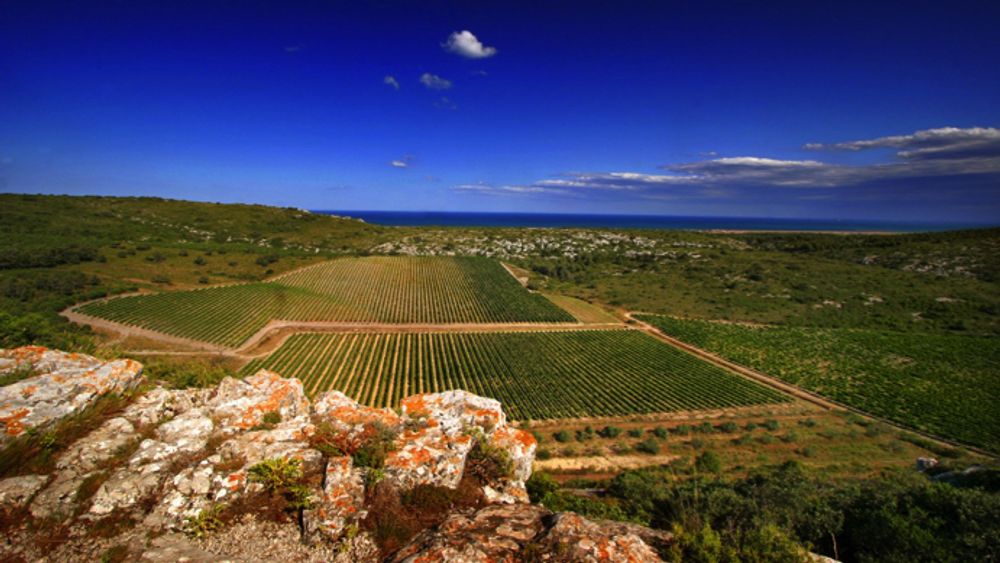
“Sustainable” is an oft-championed term, but equally derided by its critics as being poorly defined. Does Hallgarten have its own threshold test before it refers to a producer as “sustainable”?
JW: Topical! We are currently liaising with our 190-producers to see how they classify the word. In certain countries, New Zealand and Chile, there is a national certification process, so that is easy, but it is less so with others.
Are you seeing more customers asking for eco-friendly options from your list? If so, are these mostly shops, bars, restaurants, or a mixture of all three? And are there regional differences across the UK?
JW: I do not have stats for all of this, but, yes, customers are aware of such issues as climate change, the environment, carbon footprint, the use of pesticides, so it is inevitable we are being asked these questions. I am not aware of regional differences, but trends are usually started in urban areas.
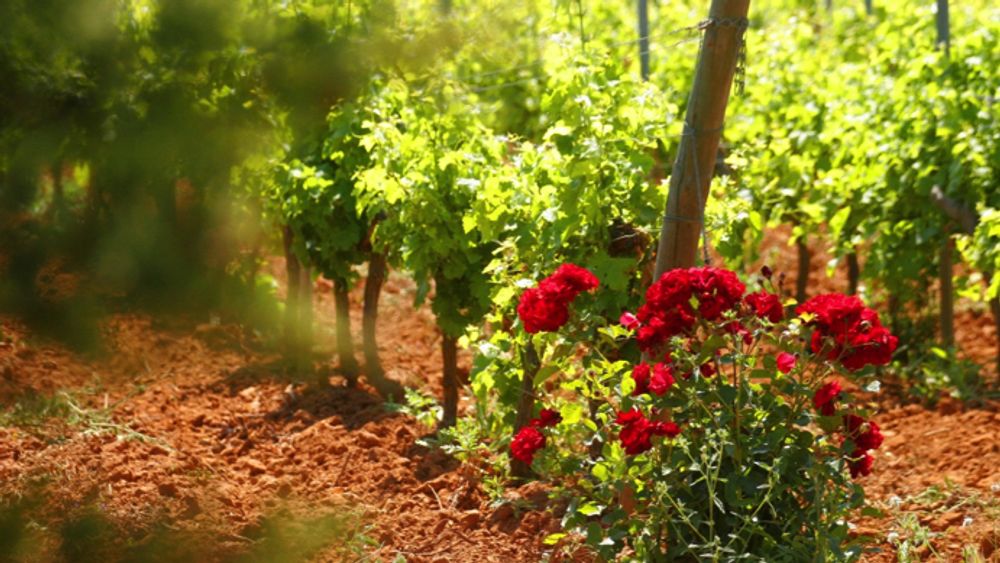
What kind of influence do you think you can have on producers to follow more sustainable practices as their importer in a major wine market?
JW: Following our discussions (see above) we intend to agree on a set of “rules” with our producers and look for their agreement on meeting them.
Which countries have surprised you, in a positive way, on how the producers have embraced new thinking with regards to sustainable business and production practices in recent years?
JW: I wouldn’t like to differentiate in terms of countries, more in terms of producers and I honestly cannot see any pattern. Clearly, with those countries such as Chile and New Zealand for whom there is a national certificate, compliance is easier, but it is all about the producer mentality.
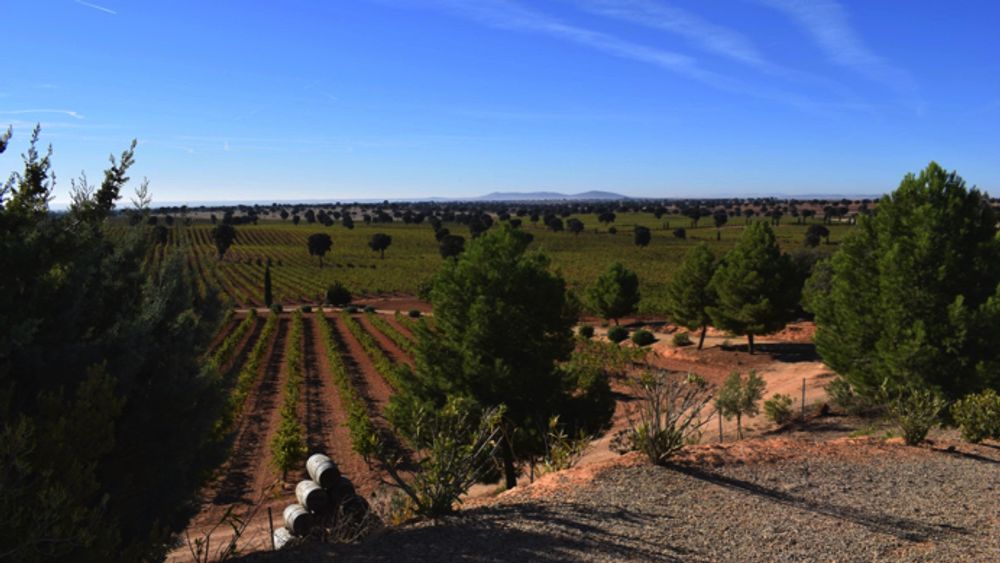
If you could pick just six wines from your portfolio that most fills you with pride that you have them on the list, what would they be? (I only chose six as it’s a case of wine, you can pick a couple more if you’re struggling)
JW: We are lucky to work with a great many but having just come back from a visit to Gérard Bertrand, no-one moves me more concerning the possibilities of farming organically and sustainably. An inspiration. Am also very proud of our association with Peninsula Wines in central Spain which, under the auspices of Sam Harrop, is committed to sustainable production.
